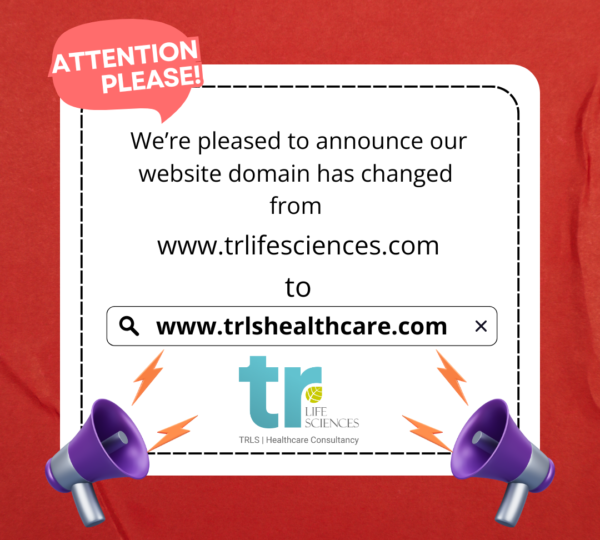
Healthcare Analytics and Data-driven Decision Making
In the era of digital transformation, data has become a powerful tool in healthcare. As electronic health records (EHRs), wearable devices, and other health data sources become more available, organizations can harness the power of analytics to support informed decision-making. This article discusses the purpose of healthcare analytics and how it enables healthcare organizations to make data-driven decisions that improve patient outcomes.
1. Understanding Health Analytics:
Health analytics is the systematic analysis of health data to gain meaningful insights. This includes various techniques such as descriptive, predictive and prescriptive analytics to uncover patterns, trends and relationships in health data.
2. Improving patient care and outcomes:
By leveraging health analytics, organizations can gain valuable insight into patient populations, disease patterns and treatment efficacy. This enables providers to identify areas for improvement, streamline care processes, and tailor treatment plans to individuals, ultimately improving patient outcomes.
3. Increase operational efficiency:
Medical analytics also improve the operational efficiency of medical institutions. By analysing resource usage, patient flow, and workflow data, organizations can identify bottlenecks, optimize resource allocation, and streamline operations. This increases efficiency, reduces waiting times and improves overall patient satisfaction.

4. Preventive and predictive care:
One of the key benefits of health analytics is its ability to enable preventive and predictive care. By analysing historical and real-time data, organizations can identify high-risk patients and proactively intervene to prevent adverse events. Predictive analytics can also help predict disease trends, enabling early intervention and resource planning.
5. Optimizing revenue and financial performance:
Healthcare analytics play a crucial role in revenue cycle management and optimizing financial performance. By analyzing billing and coding data, businesses can identify potential revenue losses, reduce rejections, and streamline the reimbursement process. Analytics also help identify opportunities for cost savings and support strategic financial planning.
6. Improving public health care:
Population health care is an important aspect of modern medicine. Analytics help healthcare organizations identify and prioritize public health needs, design targeted interventions, and monitor the effectiveness of public health programs. This will facilitate active management of chronic diseases, reduce hospitalizations, and improve health outcomes for the population as a whole.
7. Privacy and Security:
Ensuring privacy and security is important when using health analytics. Healthcare organizations must implement a robust data governance framework to comply with regulatory requirements such as HIPAA and GDPR, protect patient confidentiality, and maintain data integrity.
8. Overcome Challenges:
Implementing a health analytics initiative can present challenges such as data integration, data quality, and availability of analytical talent. To successfully meet these challenges, companies must invest in a robust data infrastructure, establish data governance processes, and foster a data-driven culture.
9. The future of health analytics:
As technology continues to evolve, the future of health analytics holds great promise. Artificial intelligence (AI), machine learning (ML), and predictive modelling techniques are becoming increasingly sophisticated, enabling more accurate predictions and more targeted interventions. Real-time analytics and interoperability further improve care coordination and patient engagement.
Health analytics has emerged as a powerful tool for transforming data into actionable insights. Healthcare providers can leverage analytics to make more informed decisions, improve patient care and outcomes, increase operational efficiency, and optimize financial performance. As the healthcare sector evolves, leveraging analytics will be critical to delivering quality, cost-effective care in a data-driven environment.


